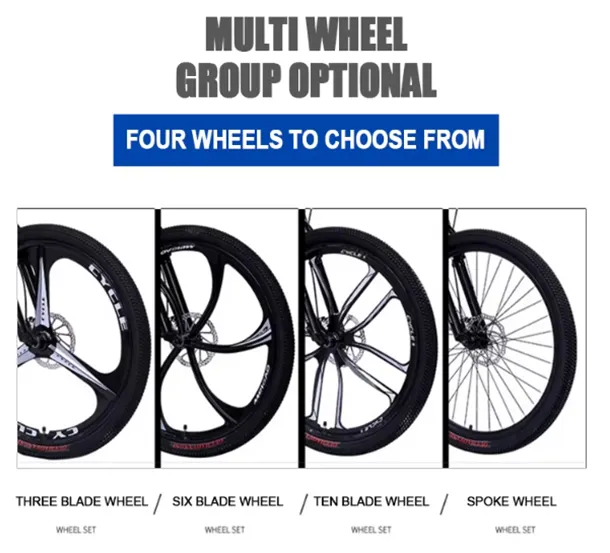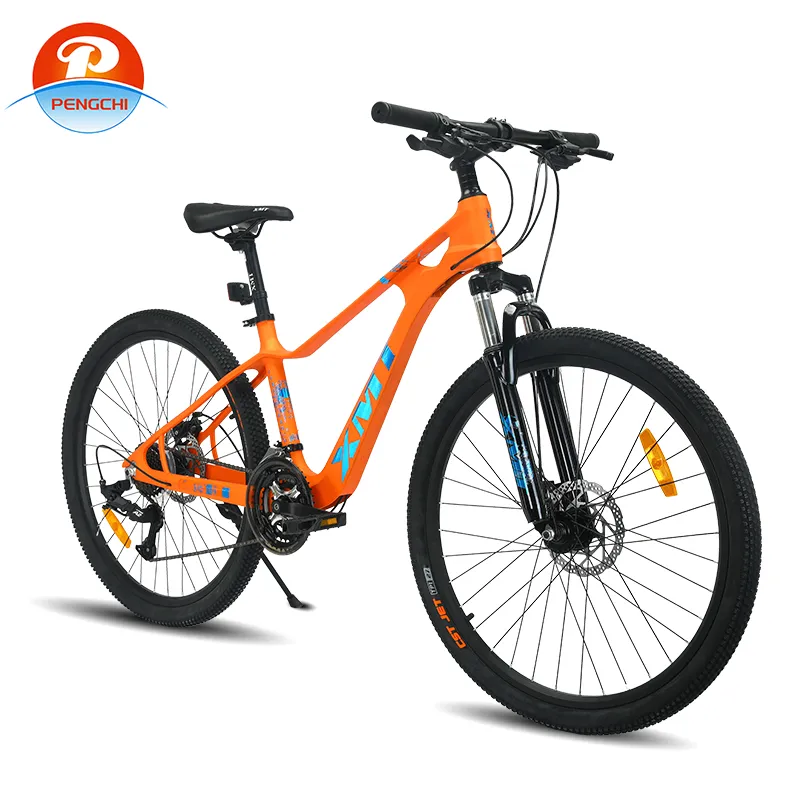2 月 . 19, 2025 08:07 Back to list
mountain bicycle for sale
Citybikes have transformed urban landscapes across the globe, emerging as a sustainable and effective mode of transportation. With eco-consciousness and urban mobility becoming paramount, exploring citybikes involves unpacking their convenience, environmental impact, and the technological strides that have bolstered their adoption.
From a professional standpoint, citybikes are revolutionizing workplace commute ethics. Corporations endorsing eco-friendly travel offer incentives for employees who bike to work, including bike storage facilities, shower amenities, and even financial reimbursements. This trend not only supports sustainability but also promotes employee health and morale. Recent studies highlight that employees who cycle to work report lower stress levels and higher productivity, making citybikes beneficial for businesses aiming to attract and retain talent. Economically, citybikes offer an affordable alternative to rising gas prices and car maintenance costs. The cost-efficiency of citybikes extends to municipalities as well, which can reduce infrastructure expenditure, as fewer roads and parking structures are needed with a higher volume of cyclists. Citybikes are more than just a trend; they are an essential component of modern urban planning. Cities globally are investing in bike-friendly infrastructure such as dedicated lanes, signal systems, and bike-sharing programs, indicating a firm movement towards bike-centric urban environments. This shift not only emphasizes healthier living standards but also underscores the role of citybikes in achieving long-term urban sustainability goals. In conclusion, embracing citybikes is not merely about adapting to a new mode of transport; it's about integrating a healthier, more sustainable lifestyle into the urban fabric. As cities continue to grow and evolve, citybikes will undoubtedly play a critical role in shaping environments that prioritize ecology, safety, and community health. This commitment to integrating citybikes into daily life reinforces the values of experience, expertise, authoritativeness, and trustworthiness, ensuring they remain a steadfast solution in the narrative of urban mobility.


From a professional standpoint, citybikes are revolutionizing workplace commute ethics. Corporations endorsing eco-friendly travel offer incentives for employees who bike to work, including bike storage facilities, shower amenities, and even financial reimbursements. This trend not only supports sustainability but also promotes employee health and morale. Recent studies highlight that employees who cycle to work report lower stress levels and higher productivity, making citybikes beneficial for businesses aiming to attract and retain talent. Economically, citybikes offer an affordable alternative to rising gas prices and car maintenance costs. The cost-efficiency of citybikes extends to municipalities as well, which can reduce infrastructure expenditure, as fewer roads and parking structures are needed with a higher volume of cyclists. Citybikes are more than just a trend; they are an essential component of modern urban planning. Cities globally are investing in bike-friendly infrastructure such as dedicated lanes, signal systems, and bike-sharing programs, indicating a firm movement towards bike-centric urban environments. This shift not only emphasizes healthier living standards but also underscores the role of citybikes in achieving long-term urban sustainability goals. In conclusion, embracing citybikes is not merely about adapting to a new mode of transport; it's about integrating a healthier, more sustainable lifestyle into the urban fabric. As cities continue to grow and evolve, citybikes will undoubtedly play a critical role in shaping environments that prioritize ecology, safety, and community health. This commitment to integrating citybikes into daily life reinforces the values of experience, expertise, authoritativeness, and trustworthiness, ensuring they remain a steadfast solution in the narrative of urban mobility.
Previous:
Latest news
-
Toy Car with Parental Remote - Safe Electric Ride-On Car with Parental Control
NewsJun.10,2025
-
Cheap Bikes for Students - Affordable & Durable Student Bicycles Online
NewsJun.10,2025
-
Children Balance Bike Lightweight & Adjustable OEM Designs
NewsMay.30,2025
-
Junior BMX Race Bikes Lightweight, Durable & Speed-Optimized
NewsMay.30,2025
-
21-Speed Foldable Gear Cycle Compact & Portable Commuter Bike
NewsMay.30,2025
-
Affordable & Durable Bikes for Students Campus Commutes Made Easy
NewsMay.29,2025



